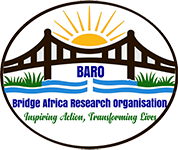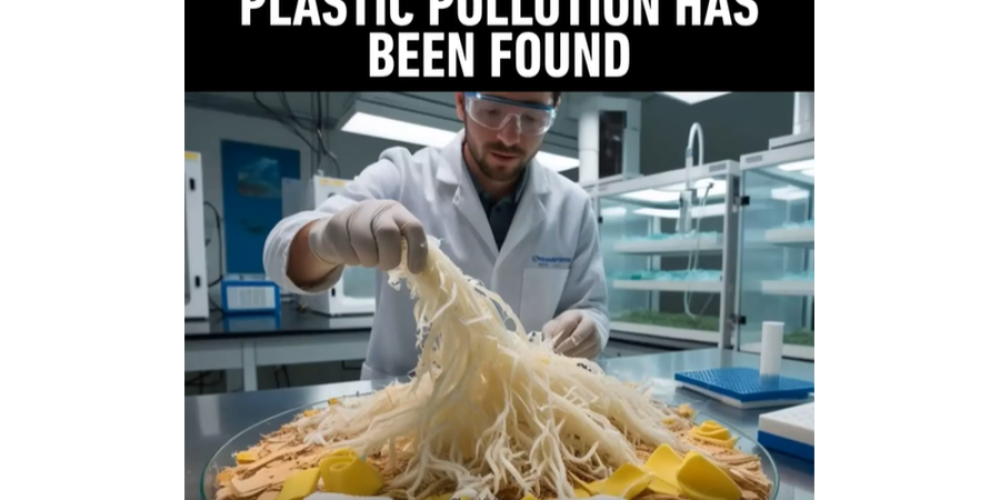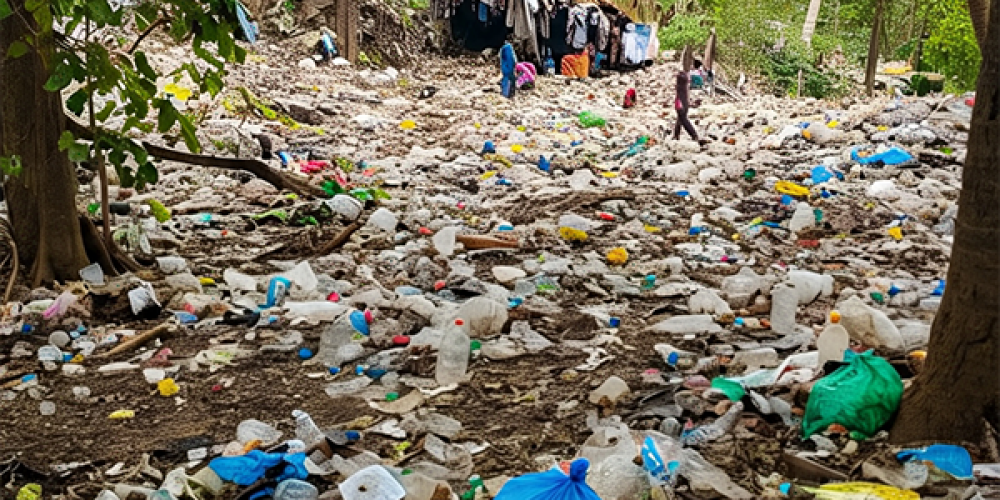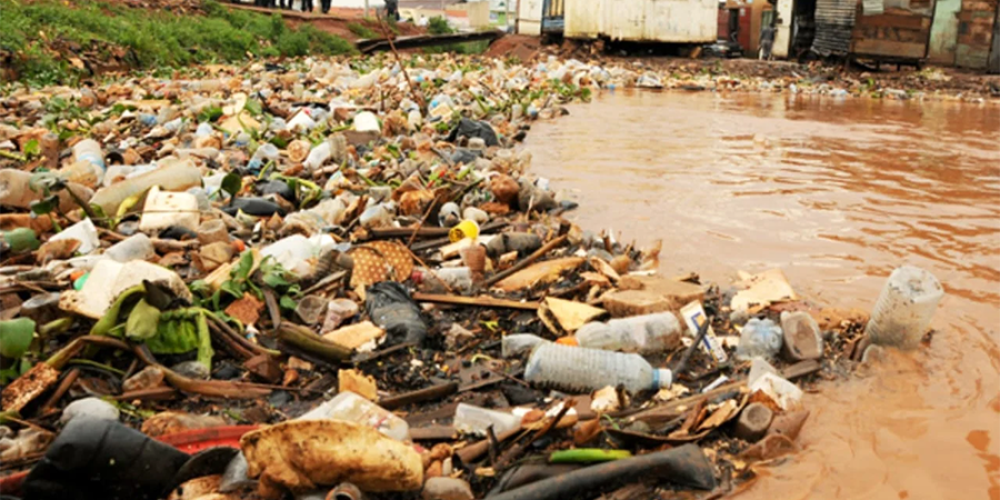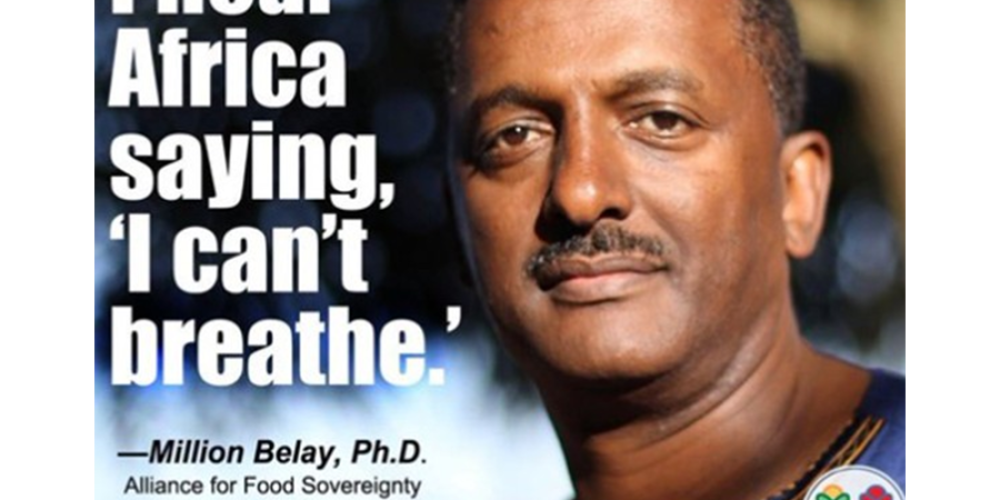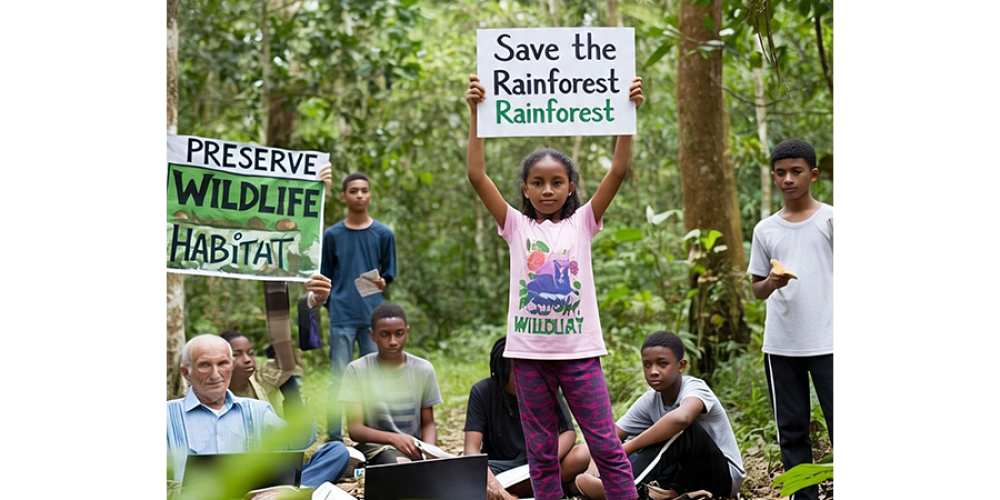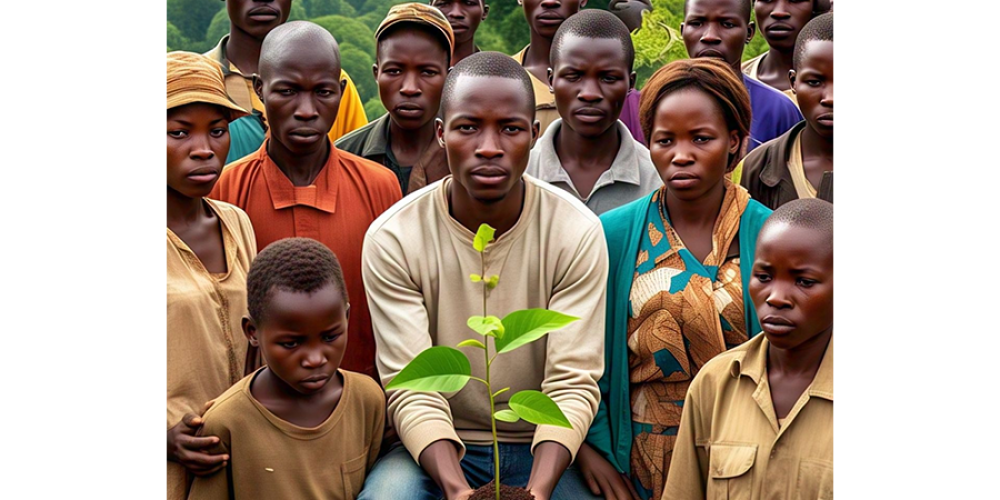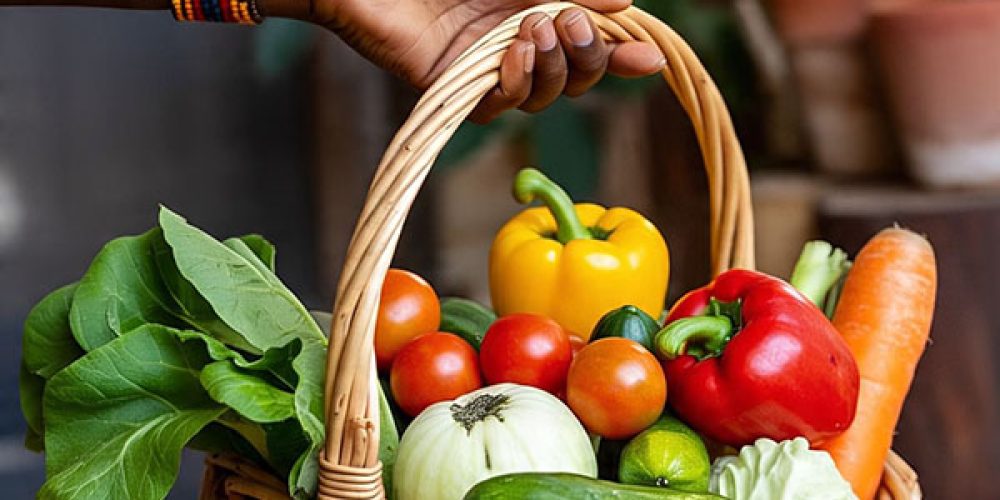Yesterday, I attended a mid‑month meeting with a women’s group in Kahangi, Kabarole District, where they had invited me to share insights on group conflict. The session was lively, filled with laughter, thoughtful exchanges, and constructive debate. Just as I was preparing to leave, one of the members posed a question, that was totally off the day’s topic, and it kept me there for more than an extra hour: “What is the difference between the new and improved seeds?” That single inquiry shifted our conversation toward agroecology. Curious to hear their perspectives, I turned the question back to them, and what followed was a spirited discussion. The women explained that […]
In the fertile village of Kyarwagonya in Fort Portal, farmer William Katanga has become something of a local legend. His towering papyrus reed baskets, their lower halves smeared with cow dung, stand proudly in his granary, cradling beans, millet, cassava, and other staples. To the untrained eye, they may appear rustic, even curious. But to Katanga, they are lifelines, guardians against insects, mold, rats, and the slow decay that robs many farmers of their hard-earned produce. The story begins in the wetlands, where papyrus reeds grow tall and thick. Katanga harvests them with care, drying them under the sun until they become pliable. Then, with practiced hands and a heart […]
The fishing community of Kigga Landing in Apac District has long struggled with post-harvest losses caused by rudimentary sun-drying methods. Without reliable power or modern preservation technologies, fish often spoils before reaching the market, eroding incomes and weakening livelihoods. To address this challenge, Vitality Uganda Limited, a pioneering agribusiness and social enterprise, has launched the Kiga Green Energy Project. The initiative introduces solar-powered dryers that will revolutionize fish processing by ensuring consistent quality, reducing waste, and extending shelf life. This innovation not only improves food security but also creates new opportunities for local processors, traders, and small enterprises. As a trusted partner, BARO (Bridge Africa Research Organisation) was asked to […]
The discovery of Pestalotiopsis microspora, a fungus that digests polyurethane, marks a significant breakthrough in environmental science. This rare fungus, found in the Amazon rainforest, has the extraordinary ability to break down polyurethane, a common plastic used in various applications, into organic matter. Notably, it can thrive in environments without oxygen, such as landfills, making it a promising solution for plastic waste management. This natural recycler has the potential to revolutionize plastic waste management and mitigate the environmental impact of plastic pollution. However, possible challenges include scaling up the process, ensuring the fungus’s stability and efficiency in various environments, and assessing potential unintended consequences. Benefits could include reduced plastic waste, […]
Plastic pollution has become a pressing global issue, affecting not only the environment but also human health. The production, use, and disposal of plastics contribute to climate change, contaminate soil, and pose serious health risks to humans. Plastics and Climate Change The lifecycle of plastics, from production to disposal, contributes to greenhouse gas emissions, exacerbating climate change. Plastic production relies heavily on fossil fuels, which release emissions during extraction and processing. As plastics break down, they release methane and ethylene, potent greenhouse gases that accelerate global warming. In fact, plastic production generates significant greenhouse gas emissions, contributing to global warming. Impact on Soil Health Microplastics, tiny plastic particles resulting from […]
Plastic is a menace. It’s a problem that requires a solution, and the solution is in our hands.” These words echo the sentiments of millions worldwide who are fighting against the plastic pandemic. Today is World Environment Day 2025, with its theme #BeatPlasticPollution. It is time to reflect on our relationship with plastics and take action. Plastic pollution has become a ubiquitous issue, affecting our oceans, wildlife, and even human health. The statistics are staggering: 11 million tonnes of plastic waste leak into aquatic ecosystems annually, and the social and environmental cost ranges between $300 billion and $600 billion each year. In Uganda, the situation is dire. Lake Victoria, the […]
Foreign investment in Africa can be beneficial if it supports agroecology, empowers farmers to use their own seeds, improves soil fertility, and builds local markets. However, most current investments are harming the continent. Here’s why: Policy manipulation: External funding influences African policies, undermining local control and self-determination. Corporate control of seeds: Companies push hybrid seeds and agrochemicals, leading to soil degradation, farmer dependency, and loss of seed diversity. These investments prioritize export-oriented farming, exposing farmers to market volatility and environmental degradation. It’s time to prioritize investments that support sustainable, locally-led agriculture and promote dignity and prosperity for African farmers. Click to watch to the Full Video
On the third Friday of May every year, the world comes together to observe Endangered Species Day, a day dedicated to raising awareness about the plight of endangered species and promoting conservation efforts to protect them. This year, Endangered Species Day falls on May 16th, 2025, and serves as a poignant reminder of the urgent need to address the growing threat of extinction faced by many species around the globe. The International Union for Conservation of Nature (IUCN) reports that over 27,000 animal species are threatened with extinction, including 40% of amphibian species, 33% of reef-building corals, and 30% of coniferous trees. The main drivers of extinction are habitat destruction, […]
As we celebrate Earth Day on April 22nd, 2025, today, Bridge Africa Research Organisation (BARO) reaffirms its commitment to fostering a sustainable future for all. This year’s theme, “Our Power, Our Planet,” emphasizes the urgency of transitioning to renewable energy and tripling clean energy output by 2030. At BARO, we believe that innovation, inclusivity, and sustainability are crucial in driving positive change and promoting equitable development. We invite you to join us in our journey towards creating a more sustainable and equitable world. Collective Responsibility Sustainability is a collective responsibility that requires us to work together to protect our planet and ensure a brighter future for generations to come. You […]
Yesterday, my friends and I had an argument about the difference between indigenous farming practices, organic farming, and agroecological farming. I had to dig deep to brush up on the nuances of each approach, and I’m excited to share what I learned. At its core, indigenous farming practices are rooted in the traditional knowledge and customs of native communities. These practices are deeply connected to the land, its rhythms, and the cultural heritage of the people. As Chief Dan George, a Canadian indigenous leader, once said, “The earth has music for those who listen.” Indigenous farming practices prioritize living in harmony with nature, using techniques passed down through generations to […]
